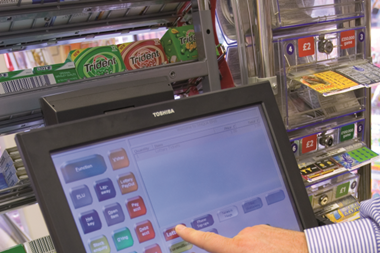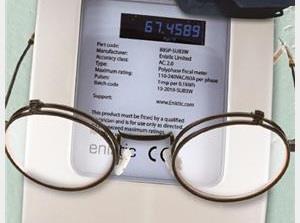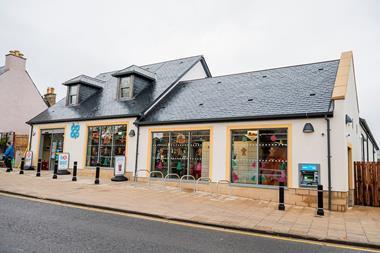Damage limitation: equipment failure need not be a crisis
Equipment breakdowns are part and parcel of retailing, but there’s plenty you can do to lessen the severity of the situation
ALREADY HAVE A REGISTERED USER ACCOUNT? PLEASE LOG IN HERE
To read the full story join the ConvenienceStore.co.uk community today!
Registration is quick and easy and provides access to:
- Unlimited ConvenienceStore.co.uk articles
- Our great range of newsletters
- Content you’ve saved for later via the ‘my library’ feature
And much more…






























